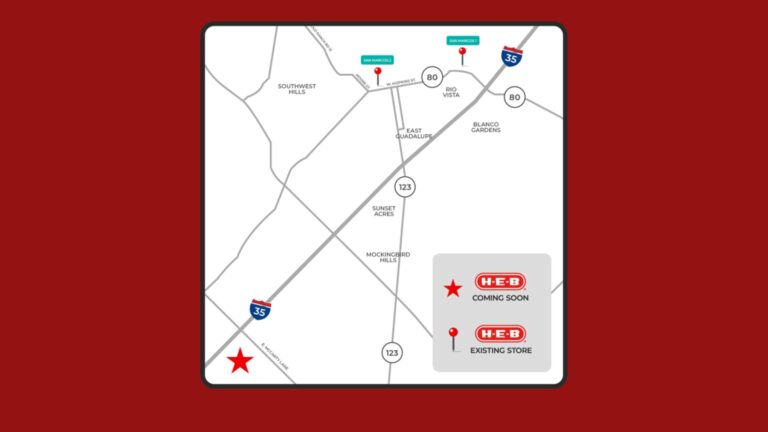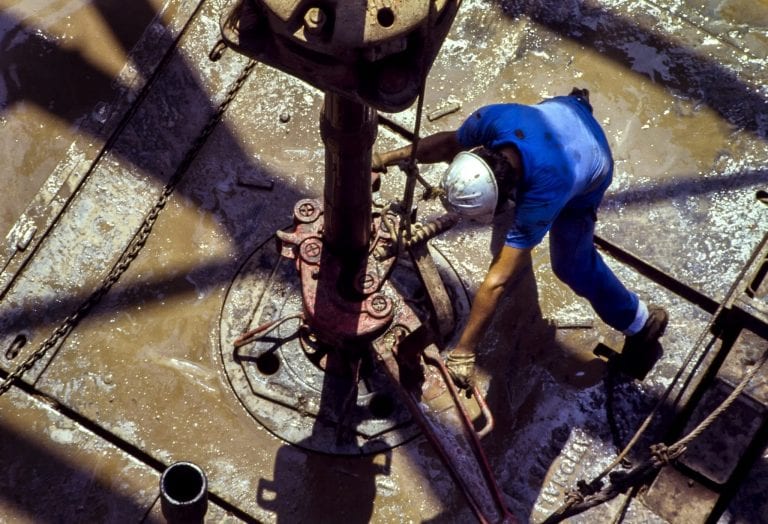
The Biden-Harris Administration, through the U.S. Department of Energy (DOE), recently issued a Request for Information (RFI) seeking public input on a new $1 billion program to improve energy generation in rural or remote communities across the country. Funded by President Biden’s Bipartisan Infrastructure Law, the Energy Improvements in Rural or Remote Areas (ERA) program will strengthen the resilience, reliability, and availability of energy systems, helping communities unlock the public health and cost-saving benefits cleaner, more efficient energy provides. The new program reflects the Biden-Harris Administration’s continued commitment to ensuring no communities are left behind in the historic transition to a clean energy future.
“For America to flourish, rural America must succeed,” said U.S. Secretary of Energy Jennifer M. Granholm.“Thanks to the President’s Bipartisan Infrastructure Law, DOE is making critical investments in energy infrastructure that strengthens the foundation of rural communities in America.”
Nearly one in six Americans live in a remote or rural community. Due to low population density and isolation from larger electric grids, these communities face higher energy costs and poor electrical reliability. Rural communities also have a disproportionately high share of low- and moderate-income families, who have limited ability to cope with high electricity costs.
The ERA program will provide federal support to rural or remote communities to:
- Improve the overall cost-effectiveness of energy generation, transmission, or distribution systems;
- Site or upgrade transmission and distribution lines;
- Reduce greenhouse gas emissions from energy generation in rural or remote areas;
- Provide or modernize electric generation facilities;
- Develop microgrids; and
- Increase energy efficiency.
The Office of Clean Energy Demonstrations will manage the ERA program and is charged with identifying and demonstrating innovative solutions to make energy systems in rural or remote communities more resilient to the worst effects of climate change, while also supporting new economic opportunities and creating high-quality jobs.
DOE welcomes public input from a wide range of stakeholders, including energy project developers, utilities, community organizations, environmental justice organizations, as well as state, local and Tribal governments to shape this program. To help inform the implementation of the ERA program, the RFI seeks input on the types of energy demonstration projects, programmatic design considerations, equity, environmental and energy justice, and workforce and transfer of knowledge gained through ERA demonstrations to ensure that the projects selected are scalable and replicable.
DOE will host a series of in-person and virtual workshops for communities and interested stakeholders to learn more, ask questions and discuss the types of projects that can improve their energy systems as they prepare to respond to the RFI.
DOE expects to announce a funding opportunity to solicit project proposals in 2023. Participation in the RFI will not affect participation in any funding opportunities or other opportunities resulting from this program.
Feedback to this RFI can be submitted to ERA@hq.doe.gov until November 28, 2022, at noon, EST. Find out more on OCED Exchange.
For more information, please visit energy.gov.
Source: The U.S. Department of Energy







